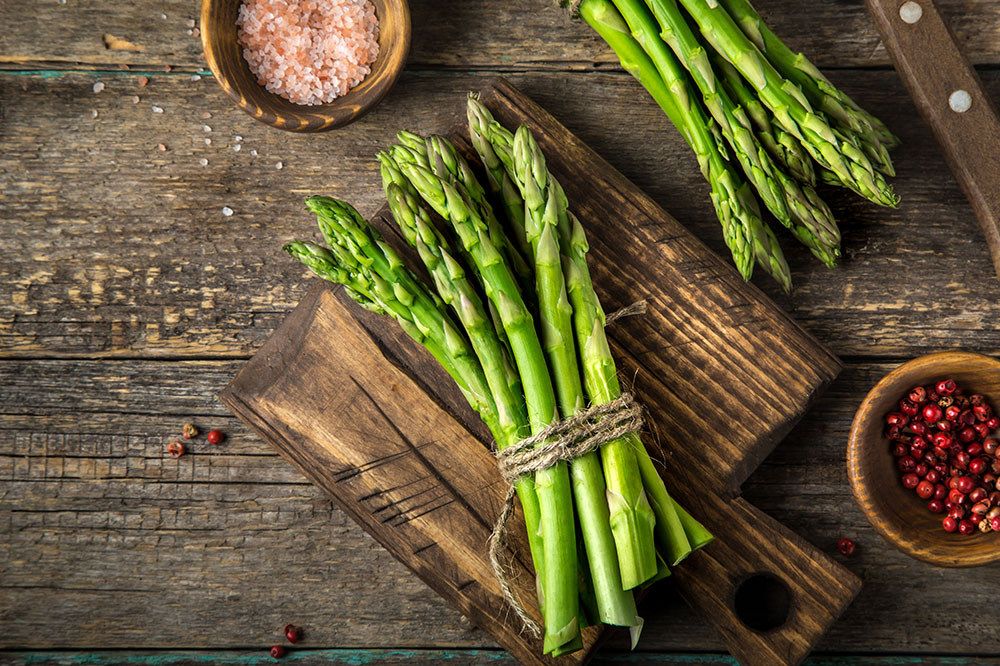
Veggies to Eat and Avoid With Diabetes
It is scientifically proven that vegetables are good for our health. They contain many essential nutrients, vitamins, and minerals that the body requires to function correctly. In addition, they also help boost immunity and fight various diseases. But surprisingly, a few veggies can be harmful to particular health conditions. This article sheds light on diabetes and foods. Here are a few vegetables that people with diabetes must eat and avoid.
Veggies that are good for diabetes
1. Tomatoes
When it comes to diabetes and foods, individuals with this health condition should go for options with a low glycemic index (GI). Tomatoes are one such low-GI vegetable. Patients can have tomatoes either in their raw form by adding them to salads or cooking them and adding them to other dishes. Besides controlling blood sugar, tomatoes also help keep blood pressure in check and reduce the risk of heart conditions.
2. Spinach
This green leafy vegetable is among the beneficial foods for diabetics as it is low in carbohydrates. In addition, it contains plenty of essential vitamins and minerals, such as vitamin K and beta carotene. One can add spinach to salads, sandwiches, omelets, and other dishes.
3. Cruciferous vegetables
Cruciferous vegetables, including cauliflower and broccoli, are rich in fiber, folate, potassium, and vitamins C, A, and K. These nutrients help reduce the risk of complications due to high blood sugar. Cruciferous vegetables can be easily incorporated into daily meals in the form of soups or salads.
Veggies to avoid with diabetes
1. Potatoes
When creating a list of foods to avoid, potatoes should be right at the top. They are harmful for diabetes as they have a high glycemic index. Also, being rich in starch, this vegetable puts one at a greater risk of developing type 2 diabetes. If a person already has pre-diabetes or borderline diabetes, they should avoid potatoes at all costs, whether baked, boiled, fried, or mashed
2. Corn
Corn is not only rich in starch but also high in carbohydrates. When had in excess, it increases blood sugar levels in the body and is, therefore, best avoided. Corn can also contribute to weight gain, which, in turn, puts one at risk of diabetes.
3. Butternut squash
To keep blood sugar in check, diabetics must monitor how much carbohydrates they eat. And since butternut squash is very high in carbs, they should be avoided. A single cup of butternut squash is said to have about 16 grams of carbohydrates.
Since diabetes and foods are connected, patients should monitor the kind of vegetables they eat; not all are healthy. Also, one should opt for fresh vegetables over canned varieties as the latter could have a high amount of sodium.


